CB mulls SC powers for 'complete justice'
Raja replied that he would explain this in detail later.
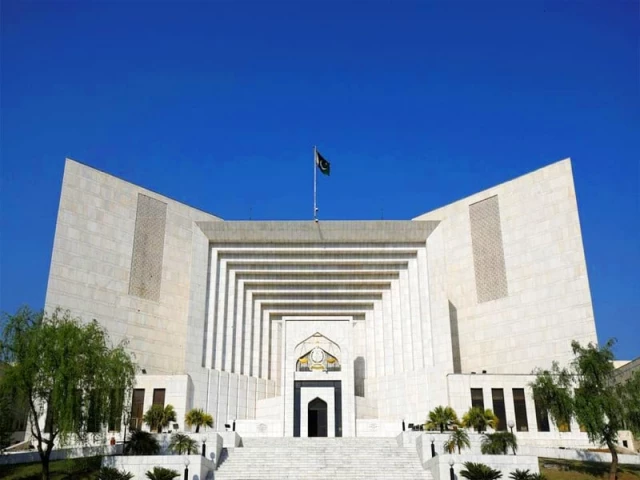
Some members of a constitutional bench (CB) of the Supreme Court raised a number of questions with regard to the SC's powers to ensure "complete justice". They also asked how non allocations of reserved seats to the PTI could be called a violation of fundamental rights.
PTI leader Kanwal Shauzab's counsel Salman Akram Raja on Friday resumed his arguments in support of the SC's July 12 majority order in the reserved seats case before the 11-member CB led by Justice Aminuddin Khan that is hearing review petitions against the verdict.
Raja, in his arguments, stated that it is the responsibility of this court to protect fundamental rights and this responsibility is assigned to it by the Constitution.
Justice Jamal Khan Mandokhail asked Raja as to how Article 187 applies in this case.
Article 187(1) gives the Supreme Court the power to issue any order or direction necessary for doing complete justice in any case pending before it while Article 187(2) gives it the powers as a civil court to enforce its decisions, including issuing orders to any person or authority.
Raja replied that he would explain this in detail later. He said the Supreme Court has broader authority and can use Article 187 together with Article 184 to deliver complete justice.
Justice Mandokhail asked whether Article 184(3) is used in public interest cases.
Salman Akram Raja responded in the affirmative. He said the SC can use Article 184(3) for public interest and fundamental rights. "When there is destruction or crisis, one does not ask which article appliesthen the Supreme Court must step forward and do what is necessary."
Justice Mandokhail asked whether, if a constitutional violation occurs but no specific article applies, the SC should still take action. The lawyer said in such a situation, the SC should do whatever is necessary.
Justice Muhammad Ali Mazhar noted that Article 199 cannot be read together with Article 187. He remarked that under Article 199, the high court has powers that even the Supreme Court does not possess.
Article 199 of the Constitution outlines the writ jurisdiction of the high courts. It empowers high courts to issue various writs (orders) to enforce fundamental rights and ensure lawful conduct by authorities.
Justice Salahuddin Panhwar asked what, in his view, are the limits of the Supreme Court's powers. Justice Jamal Mandokhail said, "My brother judge suggests that there must be some limit to the powers. Does the Supreme Court have unlimited powers in every case?"
He then asked whether any constitutional or legal violation occurred in the majority decision of the reserved seats case. Salman Akram Raja said, "There was no overreach in the Supreme Court's decision."
Justice Mandokhail remarked that the Constitution itself gives parties the right to join within three days. Justice Aminuddin Khan interjected.




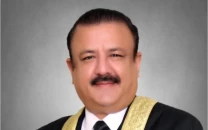
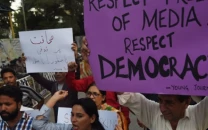

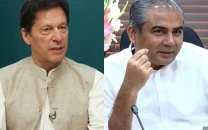
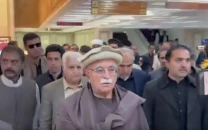

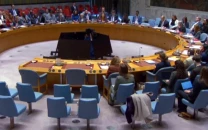













COMMENTS
Comments are moderated and generally will be posted if they are on-topic and not abusive.
For more information, please see our Comments FAQ